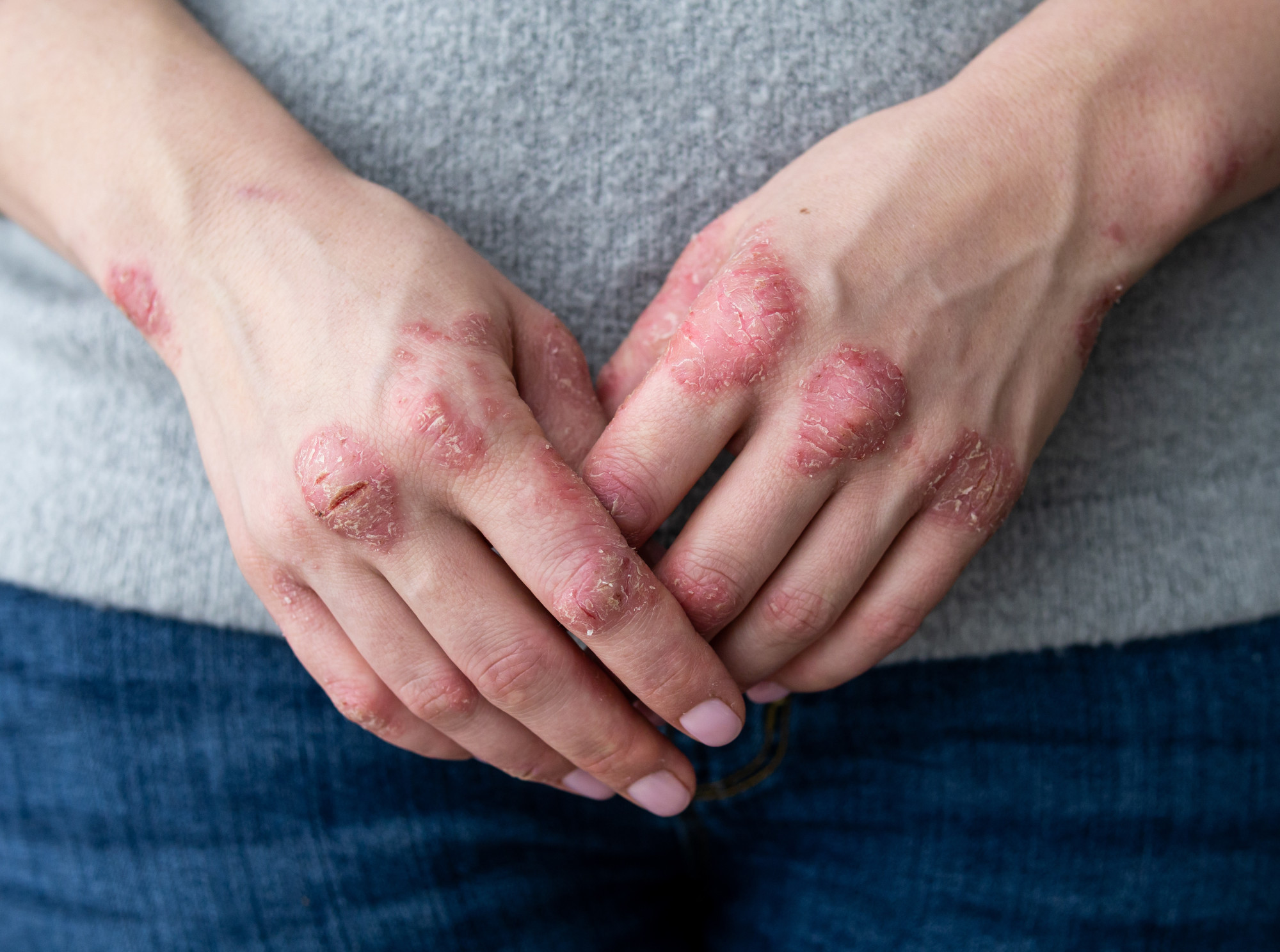Lawrence A. Schiffman, D.O., FAOCD - Board Certified Dermatologist
get connected
Published September 30th, 2019 by Thepracticeagency

Did you know that the skin accounts for 16% of our total body weight? It's not too surprising when you think about it—after all, it’s the largest organ!
As it is, however, it’s susceptible to a variety of conditions. Take contact dermatitis, for instance—it can be caused by a number of things from plants to jewelry.
Psoriasis is another common condition that affects the skin. To give you a better idea, it affects more than 8 million individuals in the United States!
Are you one of them? Interested in learning about the various psoriasis medication options? If so, you’re on the right page!
We’ll be going over everything that you need to know below. Keep reading to learn more!
Psoriasis is a chronic skin condition that causes thick patches to develop on the skin. More often than not, there will be inflammation in addition to silver scales.
While they can appear anywhere on the body, these rashes usually develop on the elbows, knees, or scalp. Some of the most common types include plaque psoriasis, inverse psoriasis, erythrodermic psoriasis, and guttate psoriasis.
For most people, psoriasis symptoms appear in “cycles”. For instance, the condition may be severe for a few weeks before clearing up. If there are no symptoms, you are considered to be in “remission.”
At any time, however, the condition may flare up again. Typically, this occurs if someone is exposed to certain things such as stress or injury. Other triggers include alcohol and certain medications.
The exact cause of psoriasis is unknown. However, it’s established that the immune system plays a role.
In healthy individuals, white blood cells fight off infections by destroying bacteria. In those with psoriasis, however, they attack skin cells instead.
As a result, the cells go into overdrive, which causes them to reproduce too quickly. From there, they are forced to the skin’s surface, where they accumulate.
Genetics has something to do with it as well—that is, your chance of developing the condition is much higher if you have a family member with psoriasis.
While there’s no cure, it’s possible to manage symptoms with proper treatment. Here are some of the drug options that are available:
Topical corticosteroids are commonly prescribed for mild to moderate psoriasis. Not only do they reduce inflammation, but they also relieve itching.
Generally speaking, mild creams are for sensitive areas such as the face whereas stronger ointments are reserved for tougher-to-treat areas.
It’s important to note, however, that there are potential side effects. For one thing, long-term use of corticosteroids can thin the skin. There’s also a chance that they'll lose their effectiveness over time.
These medications contain a synthetic form of vitamin D, which slows down skin growth. Similar to topical corticosteroids, they are applied directly to the skin.
While effective at soothing symptoms, however, they aren’t the best at preventing recurrences. Because of this, they're often combined with other active ingredients.
Topical retinoids are creams and ointments that contain vitamin A derivatives. How do they work? They slow down the growth of skin cells.
More specifically, they bind to DNA receptors, which regulate cell division. Not only does that slow down skin production, but it also reduces the size of plaques.
Aside from psoriasis, these drugs are also effective for other skin disorders such as warts and wrinkles.
Calcineurin inhibitors are a type of immunosuppressant that's effective for treating psoriasis. More specifically, they reduce inflammation and plaque buildup.
Due to significant side effects, however, they are not recommended for long-term use. With that said, they may be a good option for sensitive areas such as the skin around the eyes.
Biologics are medications that alter the immune system. Most if not all are given by injection. Generally speaking, doctors will only prescribe these drugs if an individual has not responded to traditional treatment.
Why? They come with strong side effects. For instance, they can put an individual at risk for life-threatening infections.
Light therapy, also known as phototherapy, treats the skin using ultraviolet light. For instance, doctors may suggest UVB therapy for those with mild to moderate psoriasis. Side effects include itching, redness, and dry skin.
Similarly, exposure to sunlight may help with symptoms. The key, however, is to keep it brief. The last thing that you want to do is to get sunburnt when your skin is already damaged!
Aside from medications and phototherapy, there are other things that you can do to treat the symptoms. For instance, you might want to avoid fragrances as they tend to irritate the skin.
Eliminating refined sugars and saturated fats from your diet may also help to reduce flare-ups. Consider taking omega-3 supplements as they're known to reduce inflammation. Avoid alcohol as well as it can worsen psoriasis symptoms.
On top of all that, it's important to relieve stress whenever possible. After all, it can contribute to psoriasis, in addition to other chronic conditions.
There may be no cure, but that doesn't mean that you have to live with the symptoms. After all, there are various psoriasis medication options that are effective at managing the condition!
Looking for a dermatologist in the Doral, Florida area? Feel free to contact us to book an appointment!

Comments